
Aug 3 , 2025
By Kidist Yidnekachew
The image remains vivid; standing at the butcher’s shop, watching as the order was prepared, and spotting it. A small, unbandaged cut on the butcher’s finger caught the eye, and unease settled in almost instantly. The mind leapt to unsettling conclusions, imagining the presence of blood and the risks it might carry. The thought of bloodborne diseases, especially HIV or Hepatitis, felt especially alarming given a preference for meat cooked less thoroughly.
The discomfort lingered well after leaving the shop, prompting a personal search for clarity. Rather than relying on dense medical literature, the aim was to find grounded, comprehensible information to ease the mind. The findings turned out to be surprisingly reassuring. Understanding replaced fear as science dismantled the imagined threats one by one.
The first major revelation involved HIV, a virus far more delicate than previously assumed. Outside the body, HIV cannot survive for long, especially not on exposed surfaces like a piece of meat. It requires particular conditions – direct, fresh fluid exchange – to pose a threat. The likelihood of infection from surface contact with dried or airborne blood is virtually nonexistent.
Even if contaminated blood were to reach the meat, the exposure to air would render the virus inactive almost immediately. HIV, it turns out, is fragile and ill-suited to survive outside its ideal environment. This single fact lifted a considerable weight from the chest. The imagined scenario simply did not match the biological reality.
Attention then turned to Hepatitis B and C, which are known for slightly greater resilience. These viruses can survive on surfaces longer than HIV, but still require direct blood-to-blood contact for transmission. The human digestive system, equipped with powerful acids and enzymes, is inhospitable to such pathogens. Swallowing trace amounts of food does not pose the same danger as sharing needles or open wounds.
nderstanding replaces fear as science dismantles imagined threats one by one.
This understanding offered its own form of comfort. The route of transmission mattered deeply; oral ingestion of tiny amounts did not qualify. The distinction between contact risk and ingestion risk became crystal clear. Relief settled in, grounded in the logic of medical science rather than anxiety-driven speculation.
Cooking, however, proved to be the ultimate reassurance. Heat, especially at safe internal temperatures, destroys pathogens, including viruses and harmful bacteria. Even in dishes where meat is served pink in the middle, the exterior reaches searing temperatures. The outer surfaces, where contamination would occur, are reliably sanitised by cooking.
Techniques like searing or grilling provide an added layer of security. The crust developed during cooking acts as a protective measure against surface pathogens. Even a rare steak undergoes enough surface heat to neutralise external contaminants. It became clear that proper cooking habits are a silent safeguard against most foodborne concerns.
Interestingly, the true concern arising from an open wound in a food handler does not revolve around HIV or Hepatitis. Bacteria such as Staphylococcus aureus, which live on human skin, pose a more immediate threat in such cases. If introduced through a cut, these bacteria can multiply and release toxins, some of which are resistant to cooking. Good hygiene, bandaged wounds, and glove use remain essential practices to mitigate this risk.
What initially caused panic turned out to be a learning opportunity. The butcher’s cut, once a symbol of invisible danger, became a prompt for education and calm reflection. Understanding the distinction between imagined fears and actual risks changed the entire perception of the situation. Though the concern stemmed from a valid place, science provided a comforting perspective grounded in facts.
This experience underscored the importance of transparency and hygiene in food preparation. It also revealed the incredible reassurance that comes from knowing how biology and basic kitchen practices work together. Speaking up about such observations, if done respectfully, could even help improve safety for everyone. In the end, that uneasy moment inspired greater awareness, and with it, peace of mind.
PUBLISHED ON
Aug 03,2025 [ VOL
26 , NO
1318]


Viewpoints | Jun 27,2020

Fortune News | May 02,2020

Fortune News | Jun 11,2022

Commentaries | Aug 06,2022

Radar | Oct 03,2020
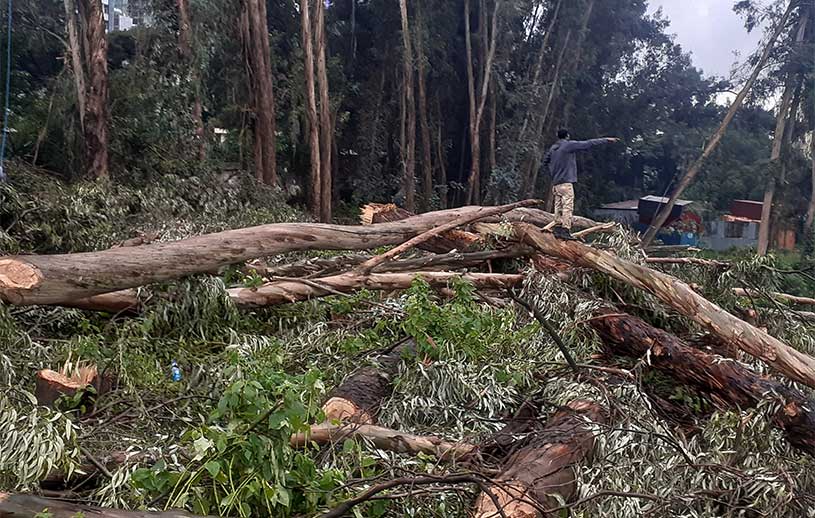
Fortune News | Aug 17,2019

Fortune News | Jan 15,2022
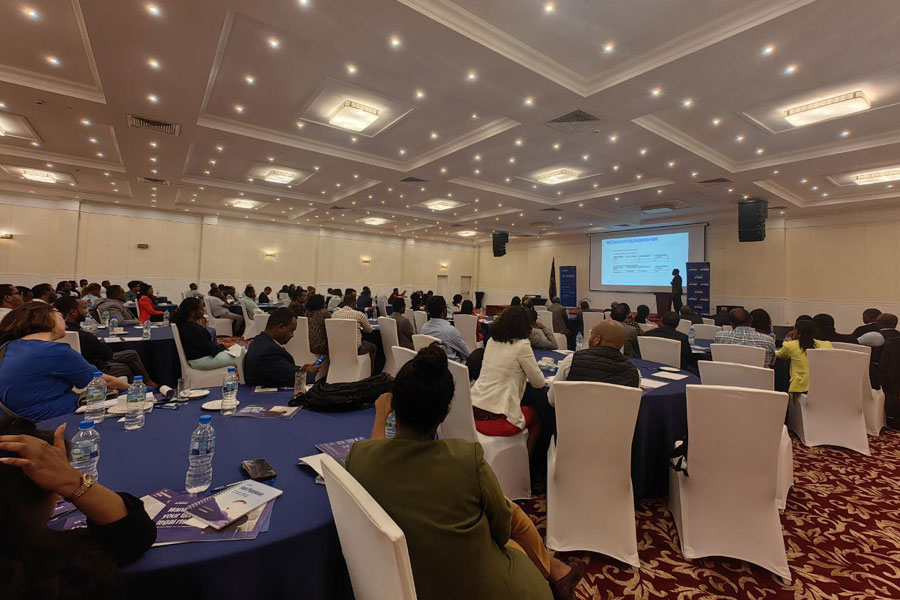
Fortune News | Oct 21,2023

Life Matters | Oct 12,2019
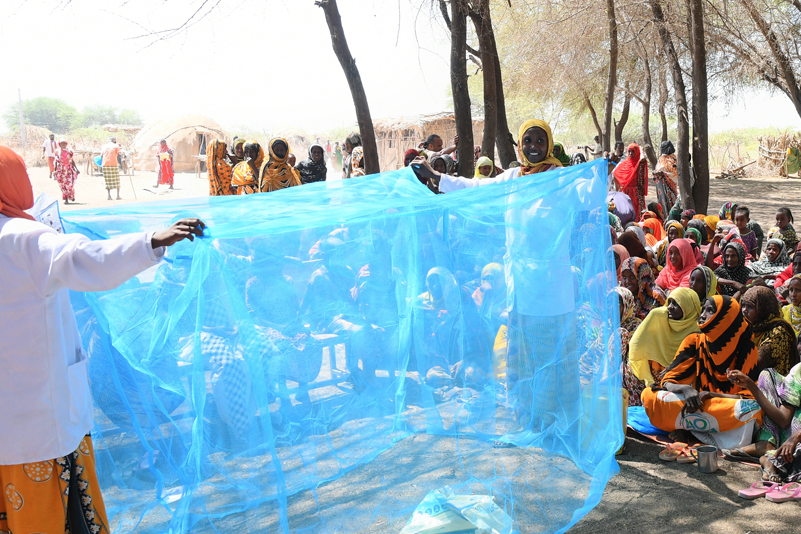
Fortune News | Feb 29,2020

Photo Gallery | 140315 Views | May 06,2019

My Opinion | 134076 Views | Aug 14,2021

My Opinion | 130641 Views | Aug 21,2021

Photo Gallery | 130574 Views | Apr 26,2019

Dec 22 , 2024 . By TIZITA SHEWAFERAW
Charged with transforming colossal state-owned enterprises into modern and competitiv...

Aug 18 , 2024 . By AKSAH ITALO
Although predictable Yonas Zerihun's job in the ride-hailing service is not immune to...

Jul 28 , 2024 . By TIZITA SHEWAFERAW
Unhabitual, perhaps too many, Samuel Gebreyohannes, 38, used to occasionally enjoy a couple of beers at breakfast. However, he recently swit...

Jul 13 , 2024 . By AKSAH ITALO
Investors who rely on tractors, trucks, and field vehicles for commuting, transporting commodities, and f...

Aug 23 , 2025
Banks have a new obsession. After decades chasing deposits and, more recently, digita...

Aug 16 , 2025
A decade ago, a case in the United States (US) jolted Wall Street. An ambulance opera...
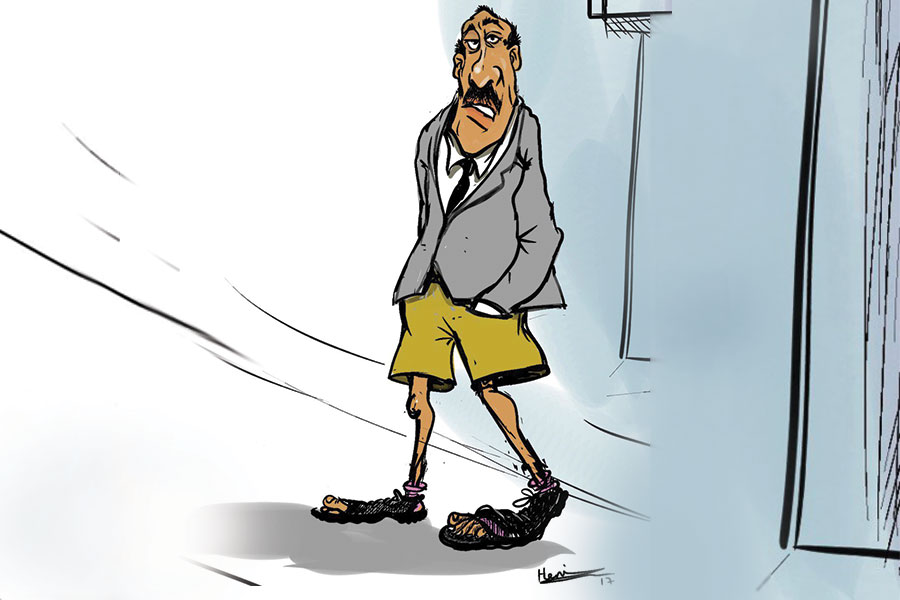
Aug 9 , 2025
In the 14th Century, the Egyptian scholar Ibn Khaldun drew a neat curve in the sand....
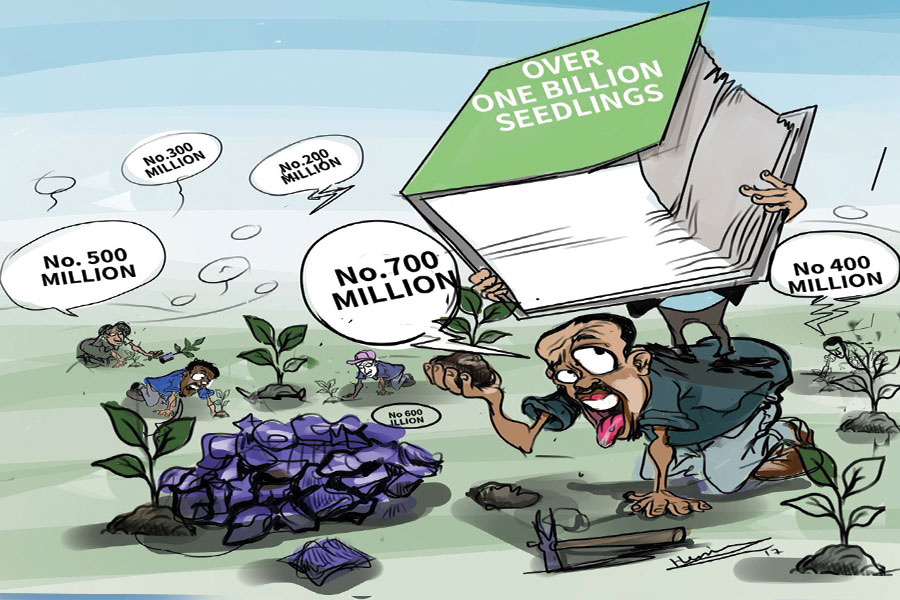
Aug 2 , 2025
At daybreak on Thursday last week, July 31, 2025, hundreds of thousands of Ethiop...
Aug 23 , 2025 . By BEZAWIT HULUAGER
The fuel industry is facing its biggest shakeup in decades as federal regulators roll...

Aug 23 , 2025 . By BEZAWIT HULUAGER
Two domestic companies, IE Networks and Liyana Healthcare, have emerged as the first...
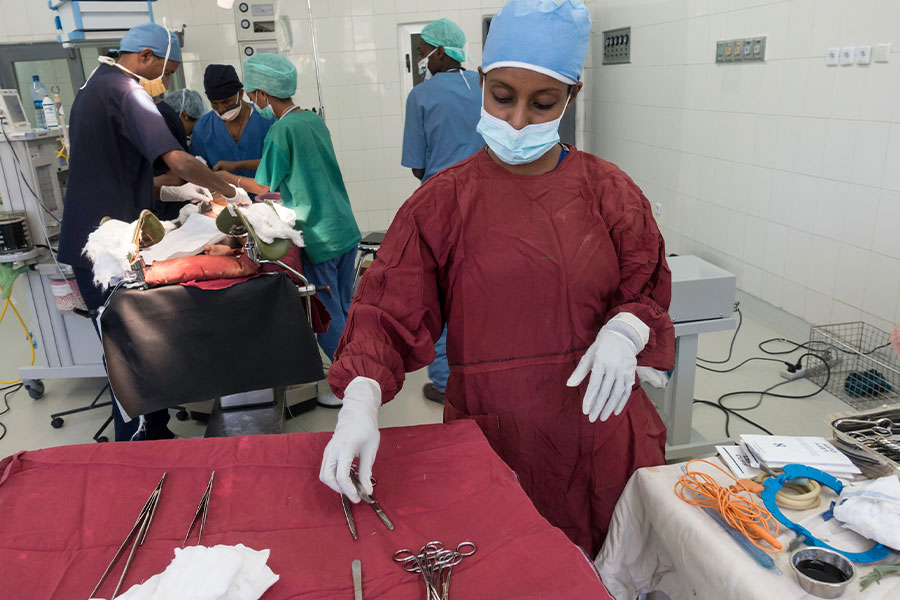
Aug 23 , 2025 . By NAHOM AYELE
A new directive authorises state-run hospitals and clinics to outsource not only non...
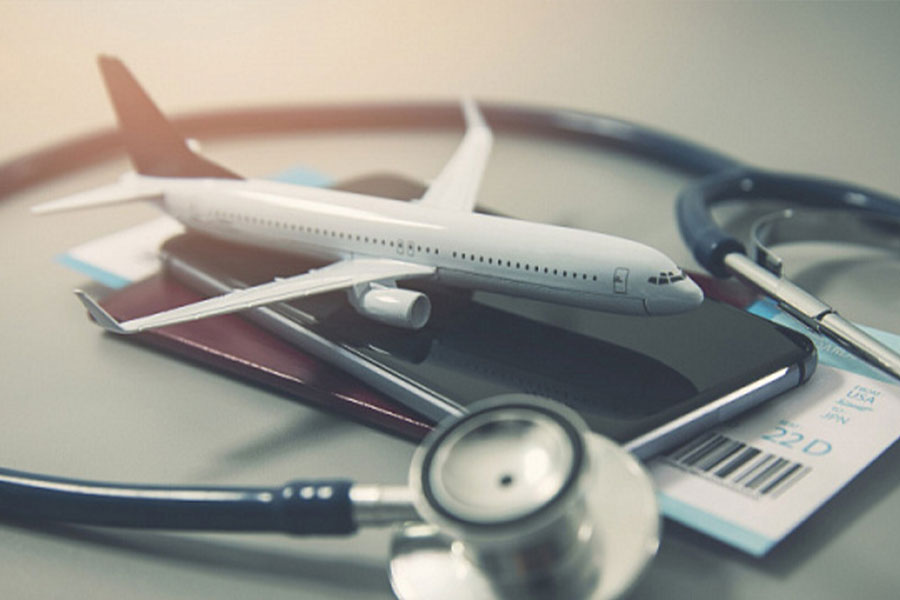
Aug 29 , 2025 . By BEZAWIT HULUAGER
The federal government has turned its attention to an unlikely export sector: healthc...